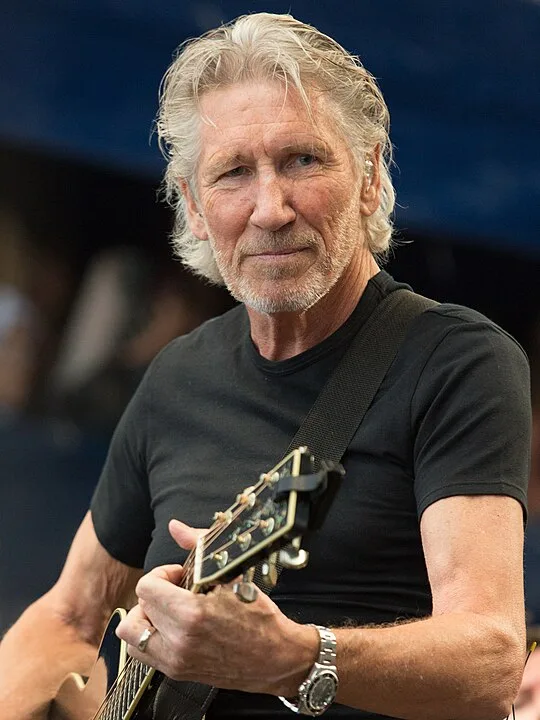Roger Waters, the outspoken Pink Floyd co-founder, has once again directed sharp criticism at Radiohead’s Thom Yorke and Jonny Greenwood regarding their stance on the Israel-Palestine conflict. A long-time advocate for the Boycott, Divestment, and Sanctions (BDS) movement, Waters has previously opposed Radiohead’s 2017 decision to perform in Tel Aviv, which he and other activists view as tacit support for the Israeli government’s treatment of Palestinians.
In a recent interview with The Empire Files podcast, Waters shared details of an email exchange with Yorke. Following the open letter signed by Waters and other artists urging Radiohead to cancel their Tel Aviv gig, Yorke reportedly expressed frustration, accusing Waters of avoiding a real conversation. Waters countered by saying that BDS activists had been attempting dialogue for months. Ultimately, Waters described Yorke as “damaged” and “insecure,” suggesting he avoids meaningful engagement on the issue.
Jonny Greenwood has also come under fire from Waters for collaborating with Israeli musician Dudu Tassa and performing in Tel Aviv earlier this year. Greenwood defended his work, emphasizing the project’s goal of blending Arab and Jewish musical traditions to foster understanding. He stated, “Silencing Israeli artists for being born Jewish in Israel doesn’t seem like any way to reach an understanding between the two sides.”
Waters dismissed this defense, describing the situation in stark terms: “There is the oppressed and the oppressor. The oppressed are the indigenous people of Palestine; the oppressors are the settler-colonial visitors… It is not a conflict. It is a genocide.”
The debate underscores ongoing tensions within the artistic community regarding cultural boycotts as a means of addressing political conflicts. The Palestinian Campaign for the Academic and Cultural Boycott of Israel has similarly called on artists to avoid collaborations they believe normalize oppression.


